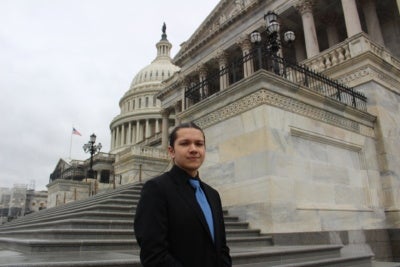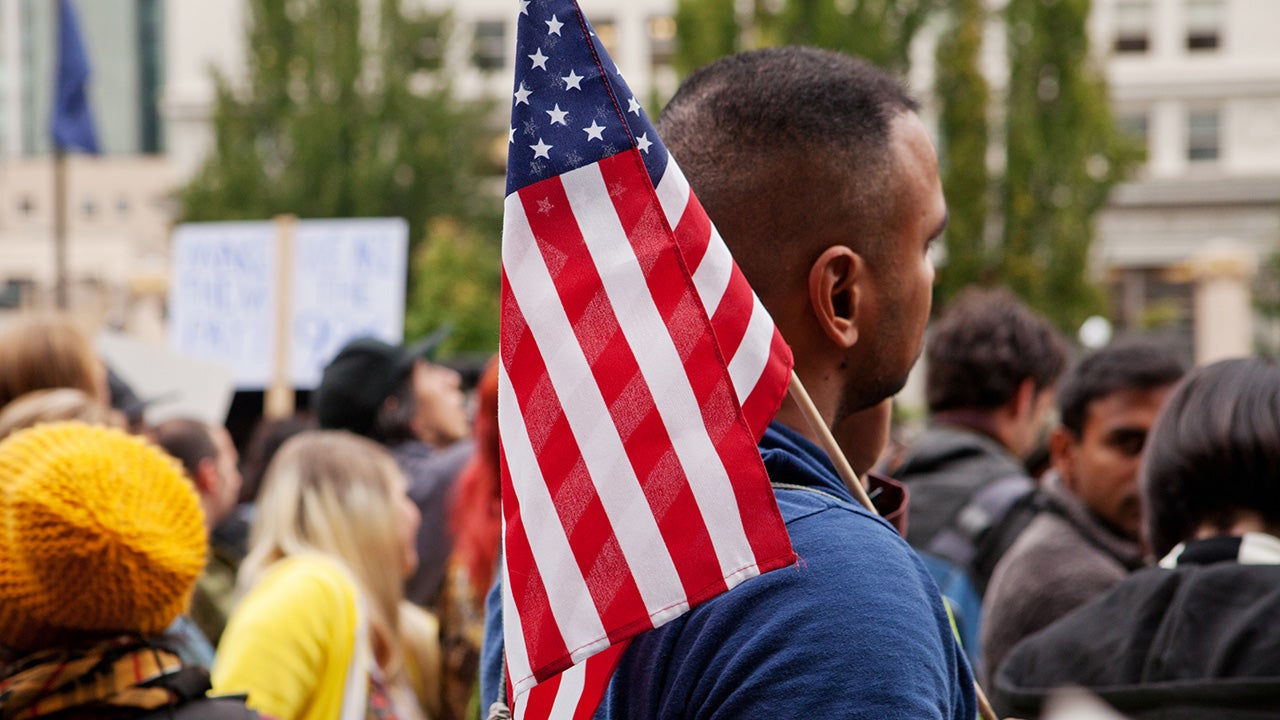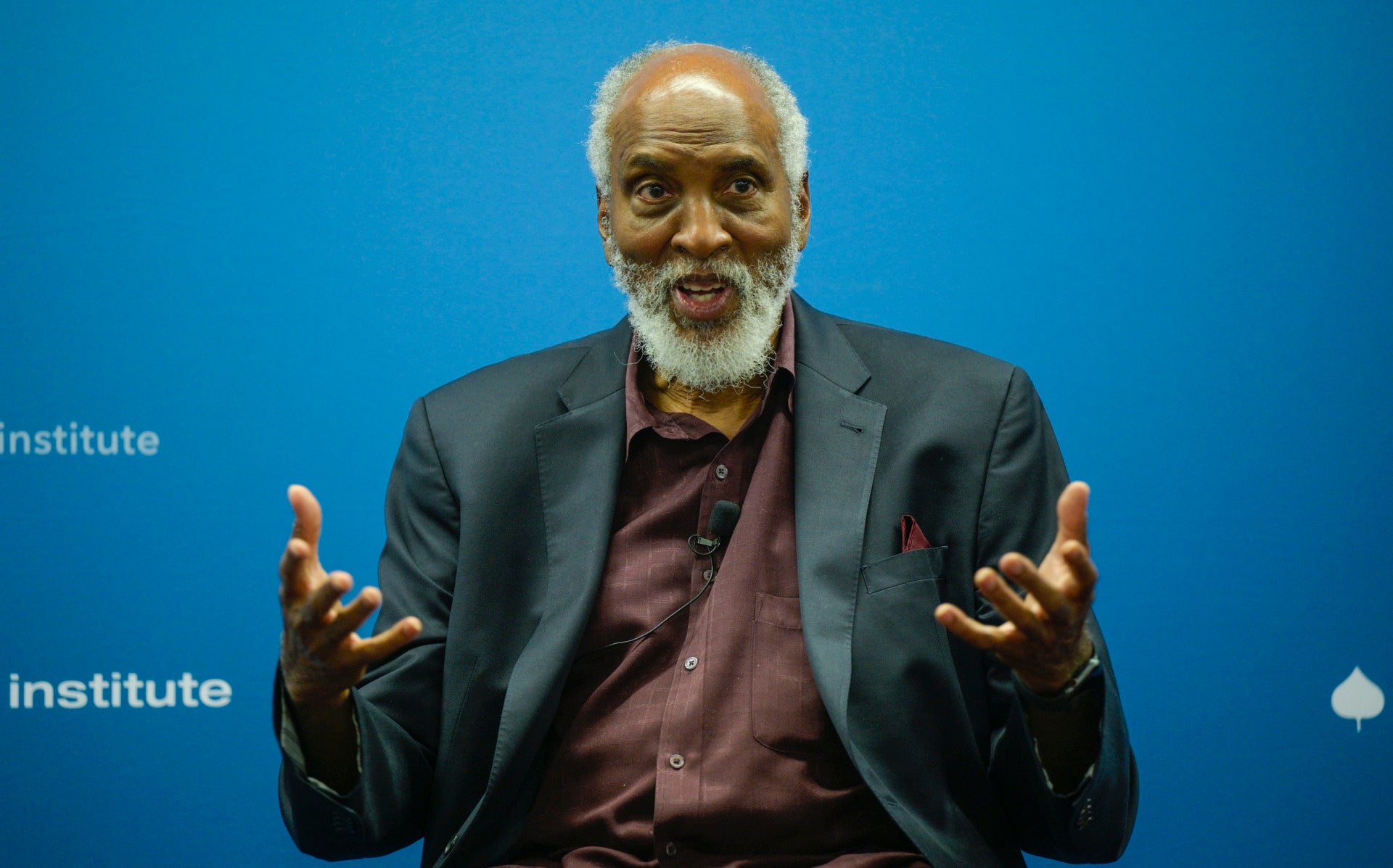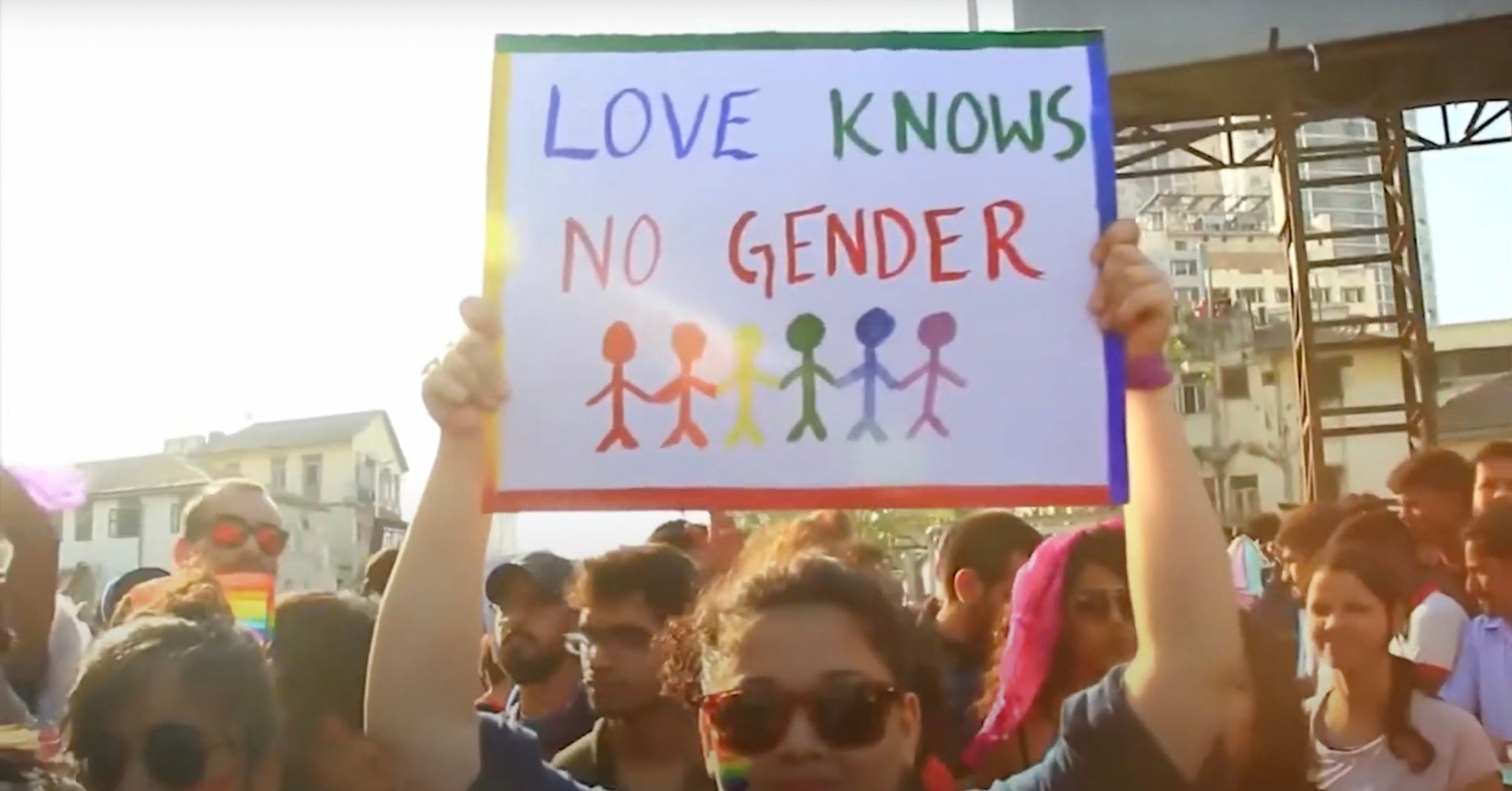How to decolonize your mind… your curriculum… your bookshelf. We’ve all seen these articles make their rounds. In the midst of this summer’s protests against racism and police brutality, one organization after another released statements apologizing for past behavior and promising to do better by decolonizing their spaces. The word decolonization has become a whitewashed catchphrase used by universities, museums, and other ”prestigious” institutions steeped in settler colonial frameworks. These institutions try to remove the colonization they’ve built and sustained by adding new diversity requirements. They don’t understand that you can’t truly decolonize without listening to and uplifting local Indigenous voices.
In Eve Tuck and K. Wayne Yang’s famous paper Decolonization is not a metaphor, the authors explain how harmful it is to use the word decolonization without care for the input of Indigenous people, specifically the sovereign nations and urban Indigenous communities who were forced, relocated, and displaced from the land where such institutions are now housed. In higher education, this harm is perpetuated by colleges and universities that dismiss Indigenous knowledge systems furthering the intergenerational trauma experienced by students from our communities. This trauma is reinforced when campuses don’t provide spaces for students to express themselves or to recreate systems of relationship-building and knowledge-sharing found in our communities—systems that show respect both to those who are teaching and those who are learning.
I grew up in a family that used education to call out the historical wrongs that invaded our Indigenous communities. My grandparents, Emmett and Georgia, were educators who met at Bacone College in Oklahoma. Together they moved to my grandmothers’ homeland to teach at a primary school in Acoma, New Mexico. Later they left for Washington State where my grandfather was the head of Indian Education. My grandparents constantly centered Indigenous people in their work. They listened to people on their own journeys of decolonization and merged them with the path of education. As a student at the University of Washington, I intended to carry on their legacy.

Owen on the steps of the Capitol in Washington, DC
Creating a decolonized space first meant embracing the knowledge systems facilitated by my kin. I wanted to create reciprocal learning environments where Native students and Native professors were learning together and from each other equally as they would have outside of a Western academic setting. This was the basis of the Indigenous Research Family at UW. Modeled after Dr. Holly Barker’s Pacific Islander class at the Burke Museum of Natural and Cultural History and with the guidance of Dr. Sven Haakanson (Sugpiaq), Native students curated a space of belonging alongside their ancestors’ treasures. Although we met in a colonial museum, having the agency to repatriate their knowledge systems led to empowerment. It allowed us to continue seeking and creating these places of reconciliation and paths to decolonial practices.
The lack of reciprocity within Western education highlights the uneven power dynamic embedded within both universities and settler colonial society at large. True decolonization means genuinely listening to Indigenous community members and creating shifts in the power dynamics that uplift Indigenous ways of connecting with the lived environment. Institutions, including both universities and government systems, need to provide more than seats at the table. We are past that. Indigenous communities need to be at the forefront of strategic planning and equitable decision-making processes. Tribal community outreach is the first step.
Owen L. Oliver, Quinault (Chinook) / Isleta Pueblo, is a senior in the Department of American Indian Studies at the University of Washington. He is also in the political science department and his platform is on Indigenous education. Owen is the secretary for the Center for Native American Youth Advisory Board. Follow him on Twitter @owenloliver.


